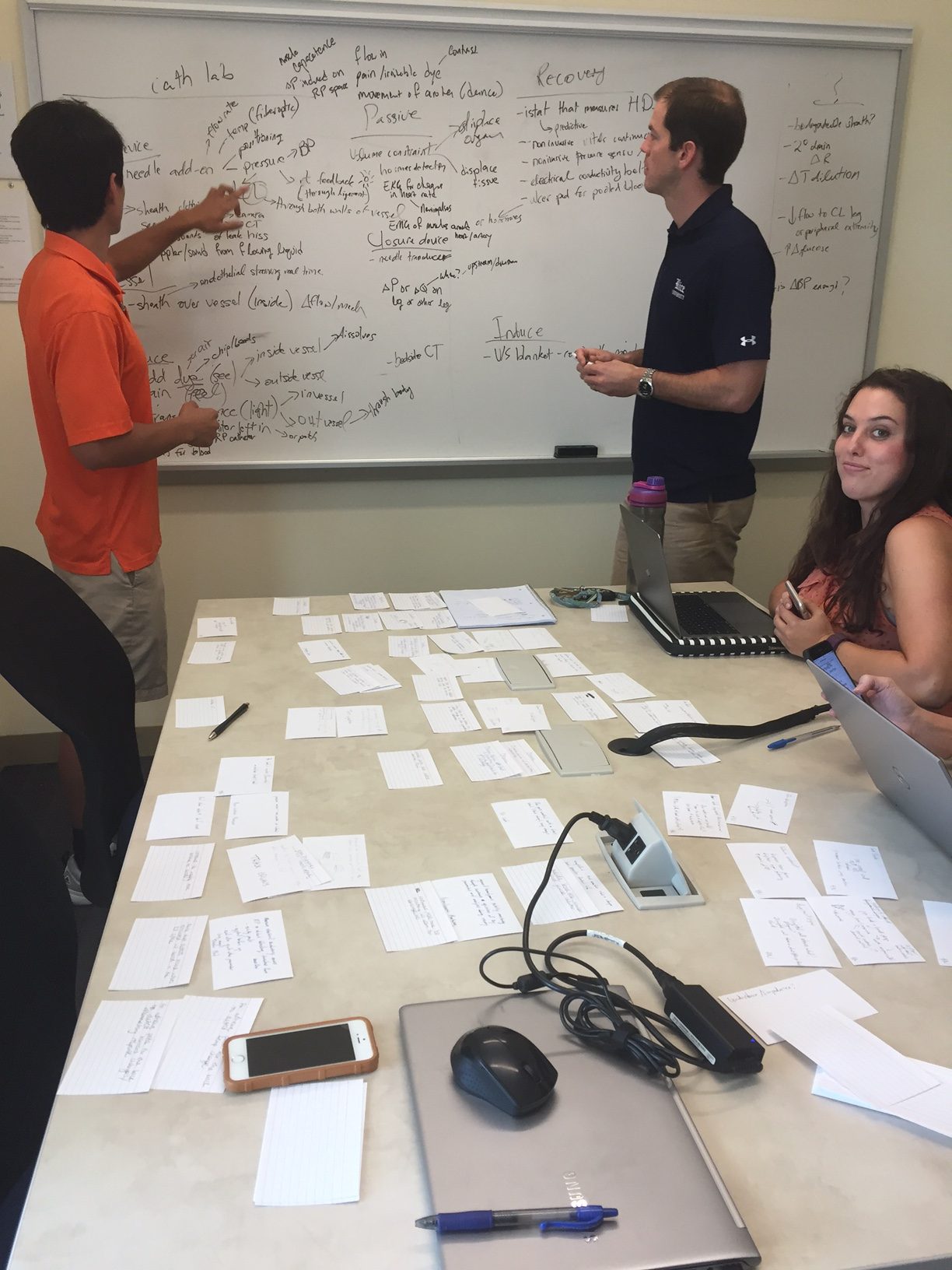The fall semester is underway! Now that we are no longer in Costa Rica, I plan to update this blog every month with experiences and challenges from my coursework.
Classes started toward the end of August, but just as we were starting to get up to speed, Hurricane Harvey hit Houston. Luckily, neither I nor any of the other students in the GMI program suffered any damages during the storm, but with all the damage that was done to the community, classes were canceled for a week. That week off gave those of us still in town the opportunity to serve the community through various volunteering efforts. It was impactful to see the community pull together in a time of crisis, and I’m glad to have been a part of it, even as a newcomer to Houston.
One of the biggest challenges getting started this semester has been getting up to speed on my implementation project, PalliAssist. In essence, PalliAssist is a software system that facilitates communication between palliative care providers and their patients. It was designed last year by a senior design team for a cancer hospital in Barretos, Brazil, and my goal is to start taking the appropriate steps to enable the hospital to start using it. Currently, there are about 5 changes that have been requested by the project’s sponsor in Brazil that are to be made before a preliminary clinical trial in mid-October. Almost all of the requested improvements are in the app portion of the software system, which is where I have been working.
Before this project, the only programming language I had experience in was Matlab, which is very different than the Java and XML that I have been learning for this app. At first, the project seemed like a mountain of problems, and I didn’t know where to start.
This was a source of anxiety for me; I am used to only being expected to work on things I feel relatively prepared to do. Nevertheless, once I sat down started thinking methodically, I was able to form a plan and start executing it. Once I was able to make a plan, giving the project some structure, it alleviated a lot of my uncertainty with the project. I know that being able to deal with ambiguity is a skill that will serve me well in my career, so I’m excited to have this experience moving forward.
I’ve also noticed through this project that I tend to want to be heavily managed when I’m working on something with which I am not familiar. I’m used to managing myself through projects and classes where I generally know what to do, but with increased uncertainty, I quickly revert to seeking instruction rather than planning my own way. This is a skill I am hoping to grow in this semester. While it would be unwise not to seek any direction when I am doing something new, I think I can form and execute my plans more independently than my current tendency. If I am able to become more independent, I won’t require as much time from my manager, freeing him or her to be more productive.
Another exciting project I will be working on this semester is focused more on the front end of design. Essentially, I have been placed on a team to generate a solution to detecting retroperitoneal hemorrhages that could be used to start a successful business. A unique aspect about this project is that some of our teammates are Rice MBA students, all of whom have at least some work experience. I am looking forward to working alongside these MBA students because of the different perspectives they bring to the table.
The next month has a lot in store! We will be starting our observation rotations, and I will be traveling to Brazil. Read my next blog to find out what I will learn from those experiences.




